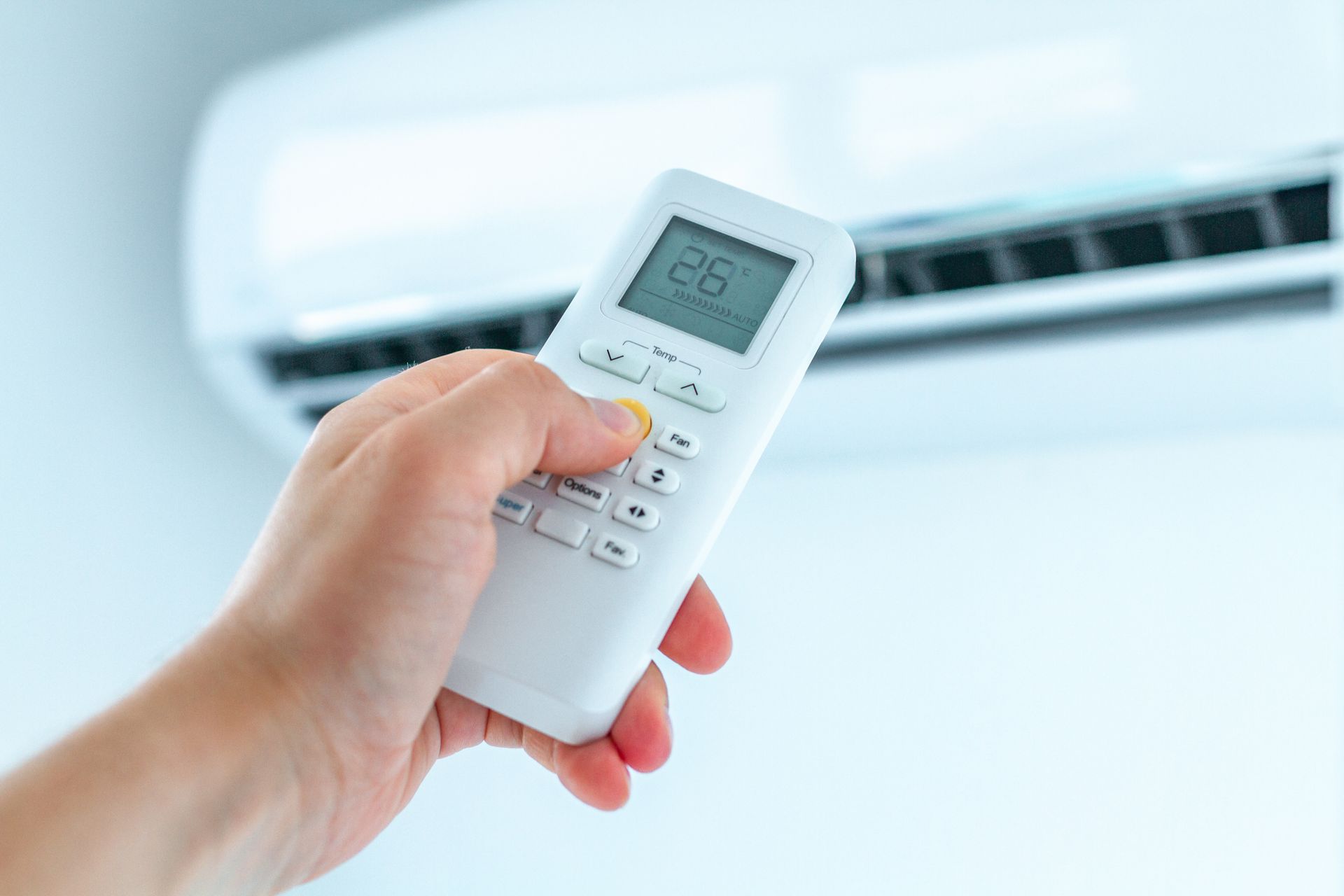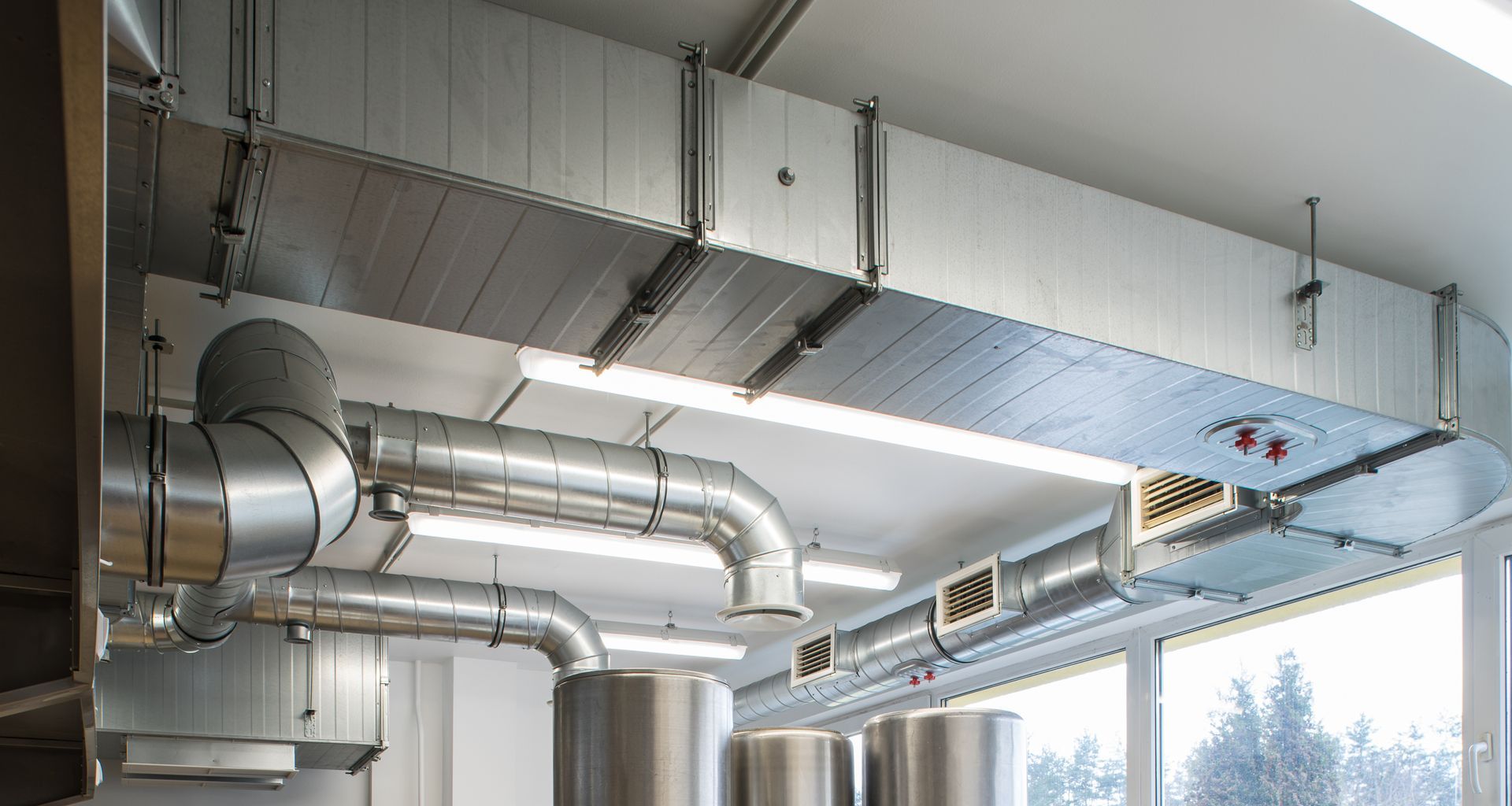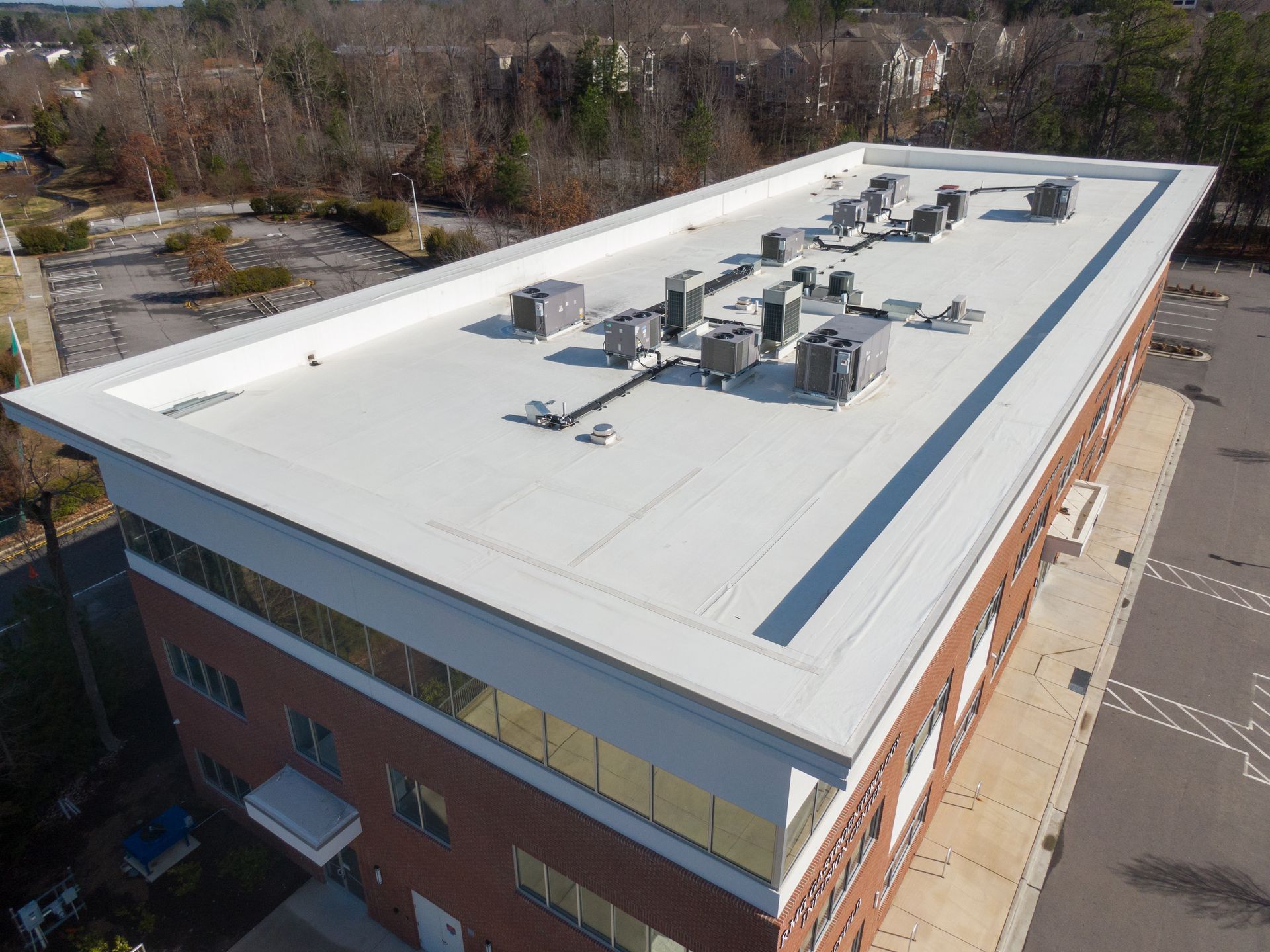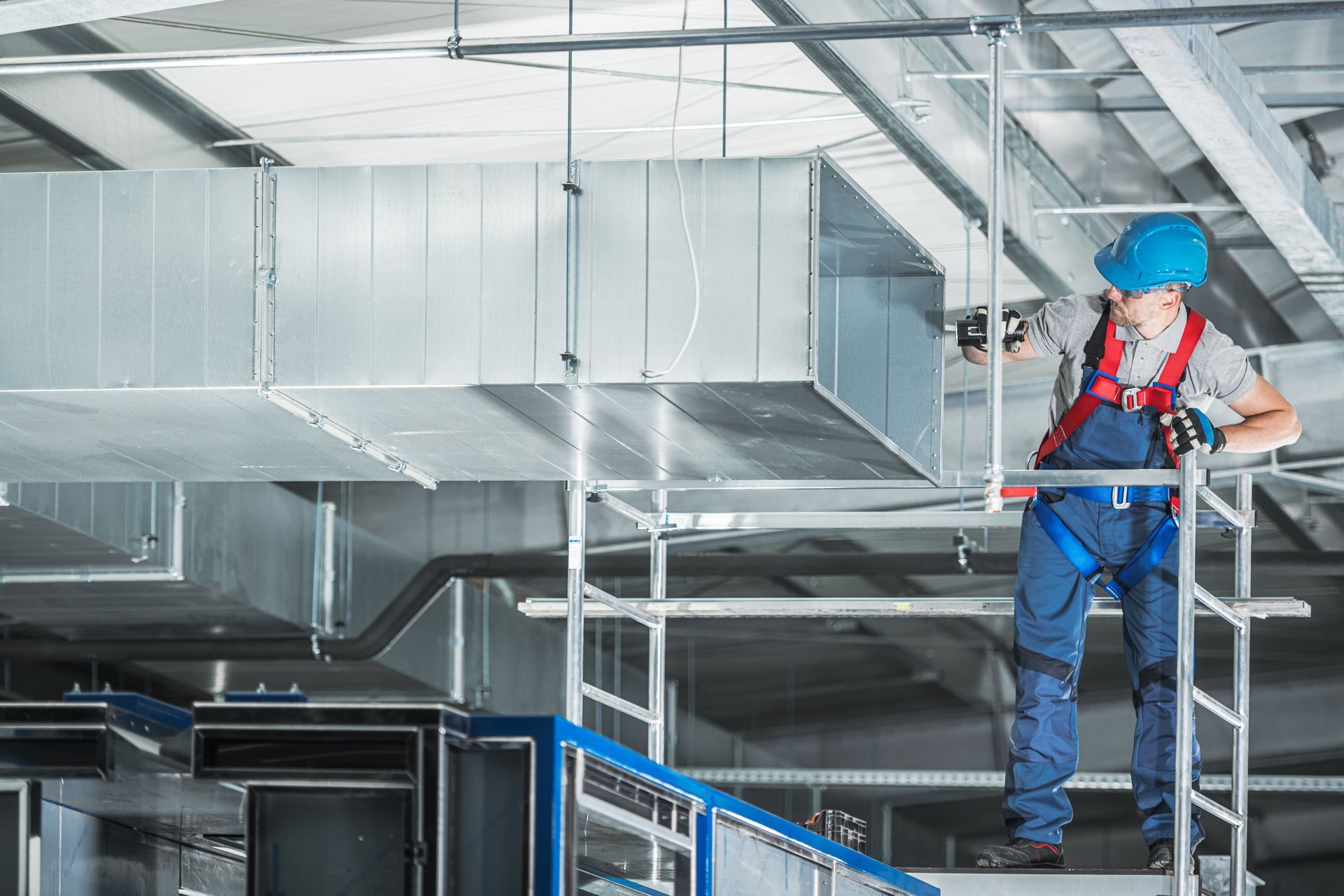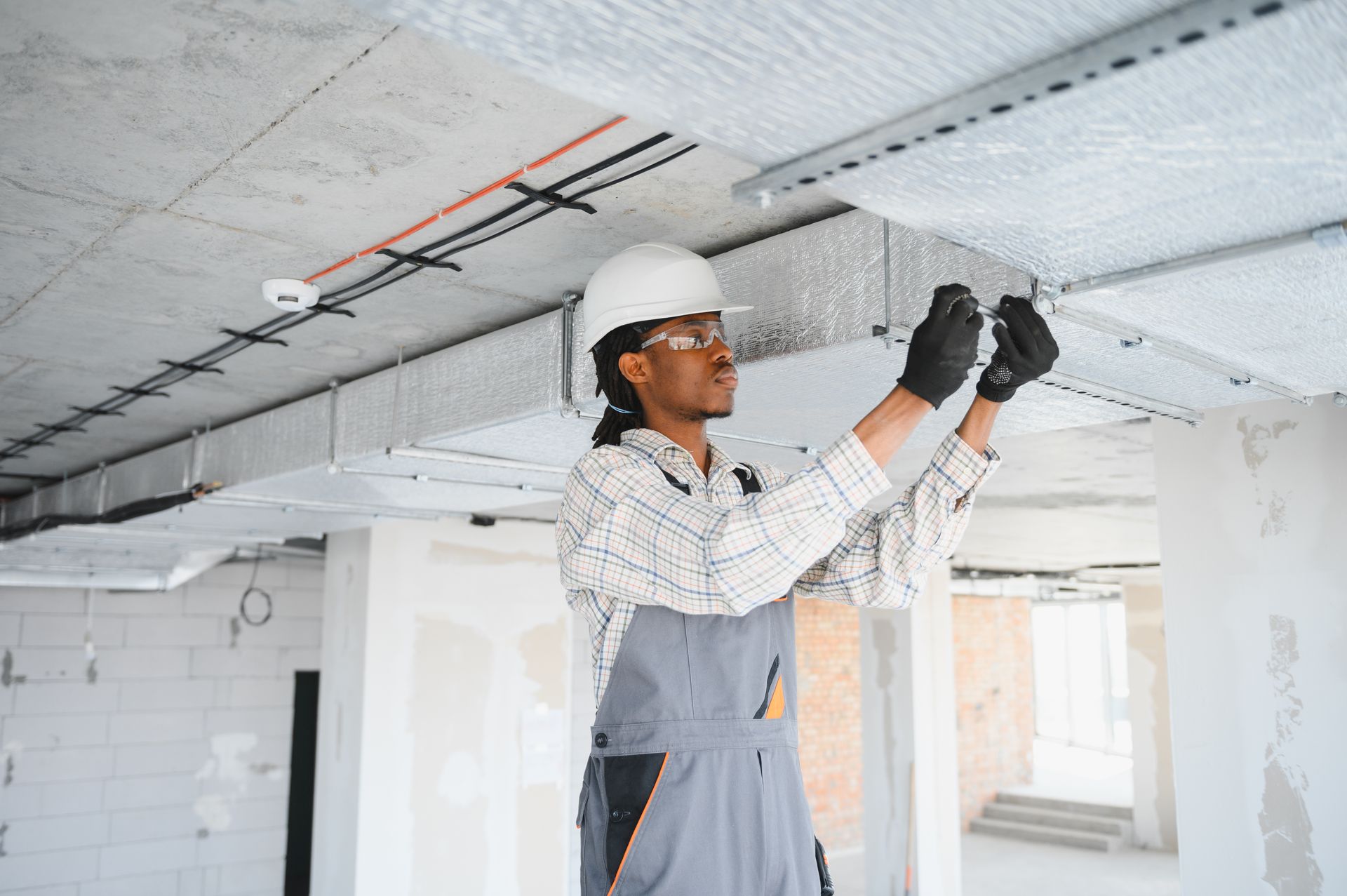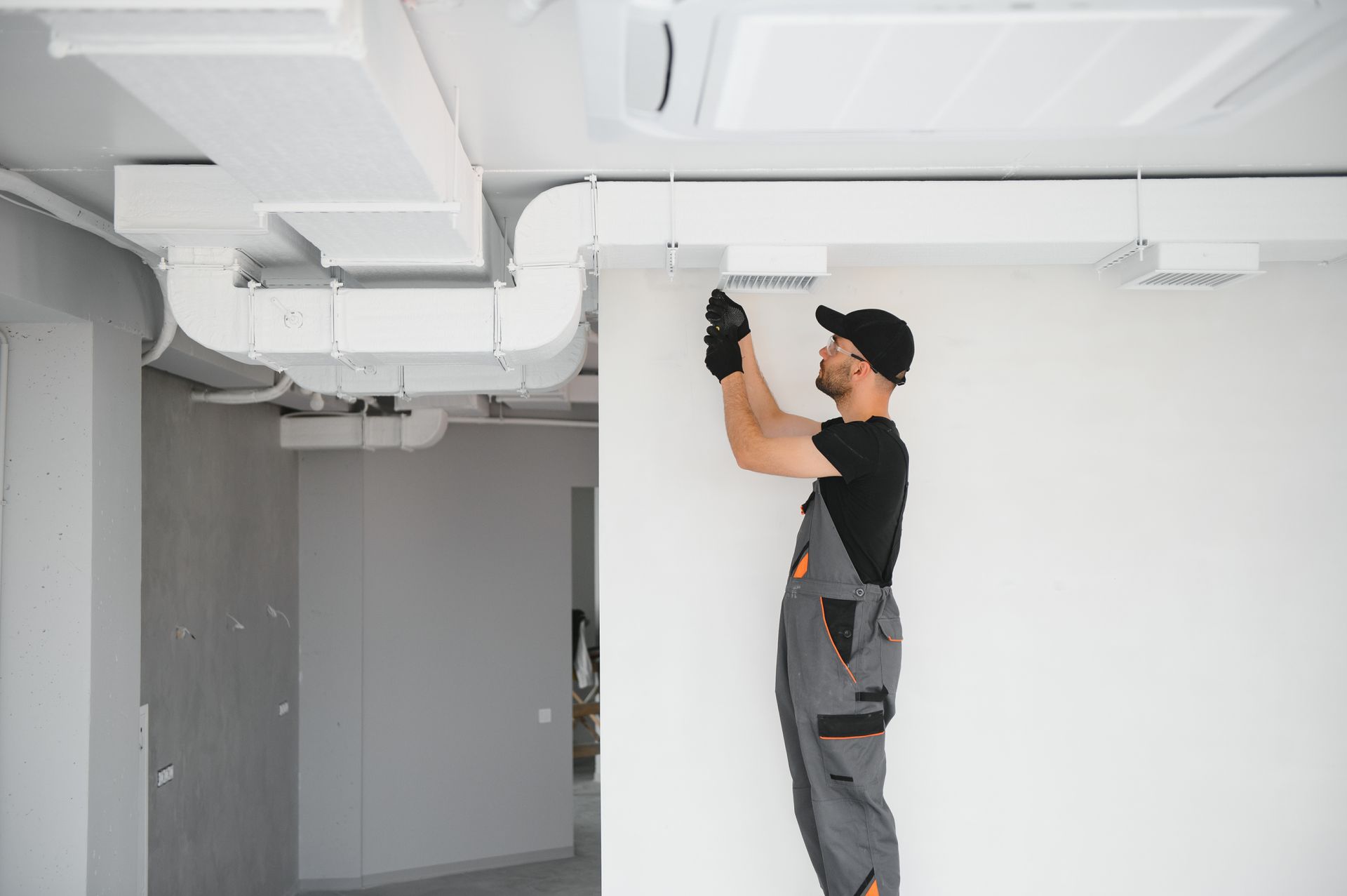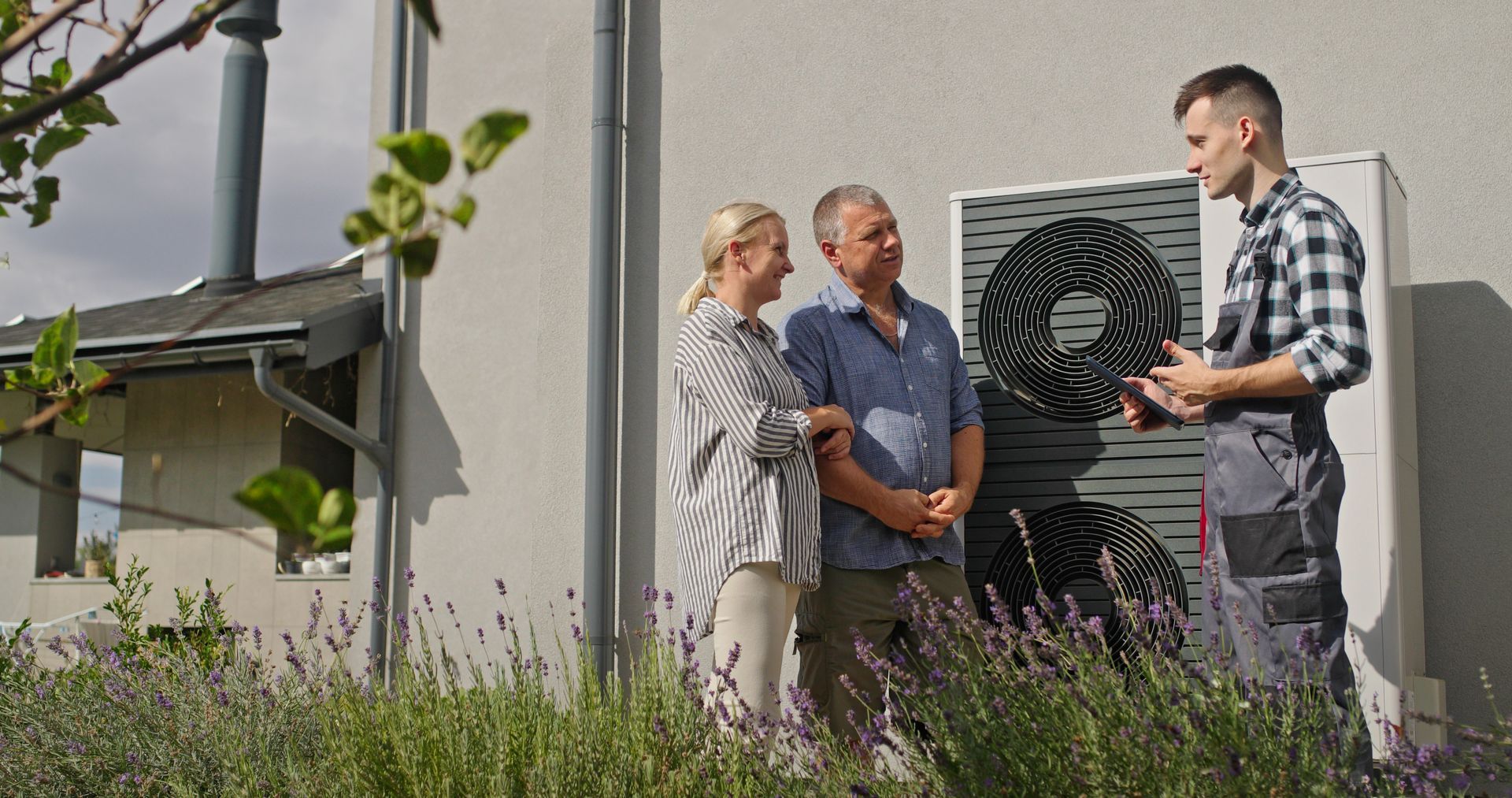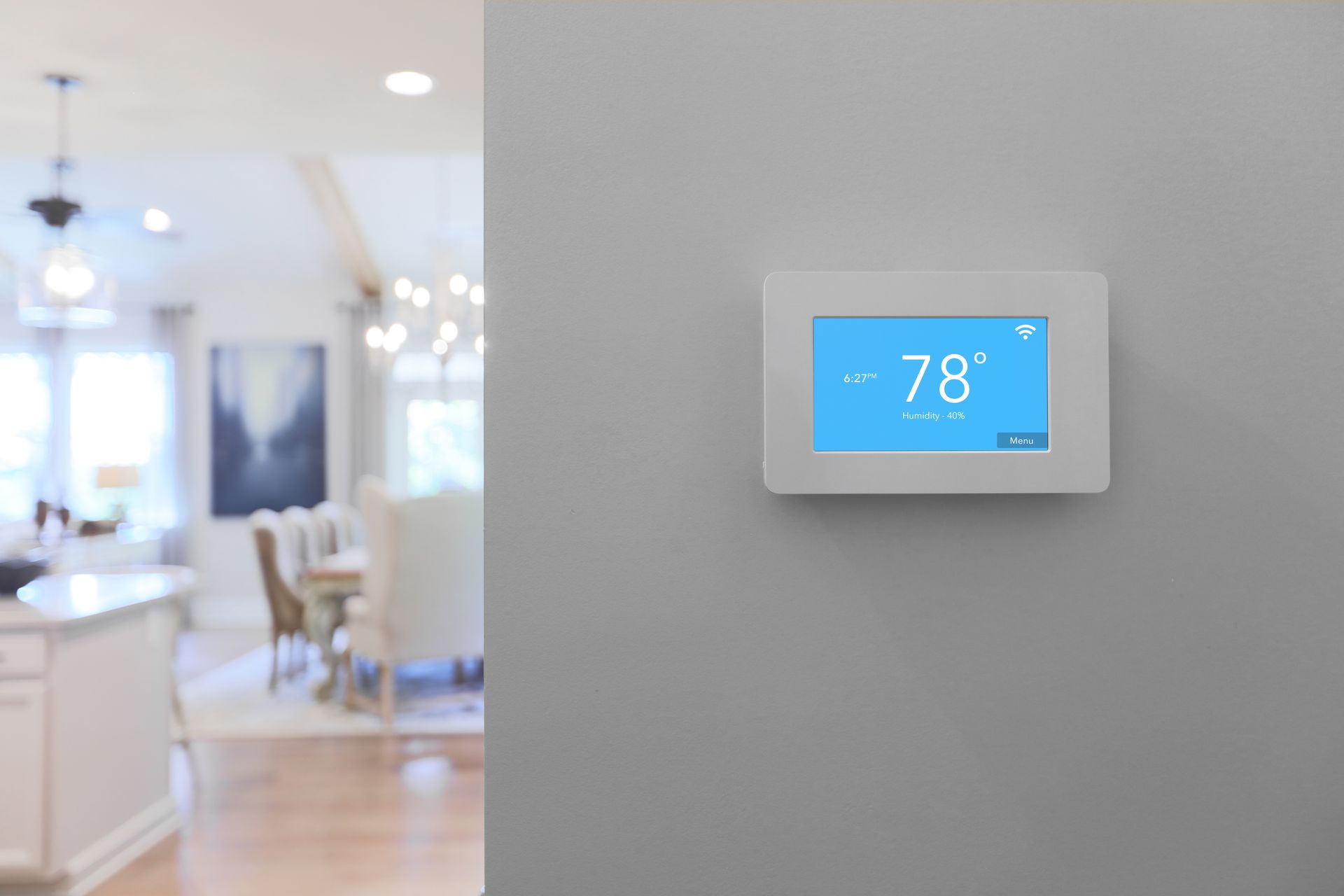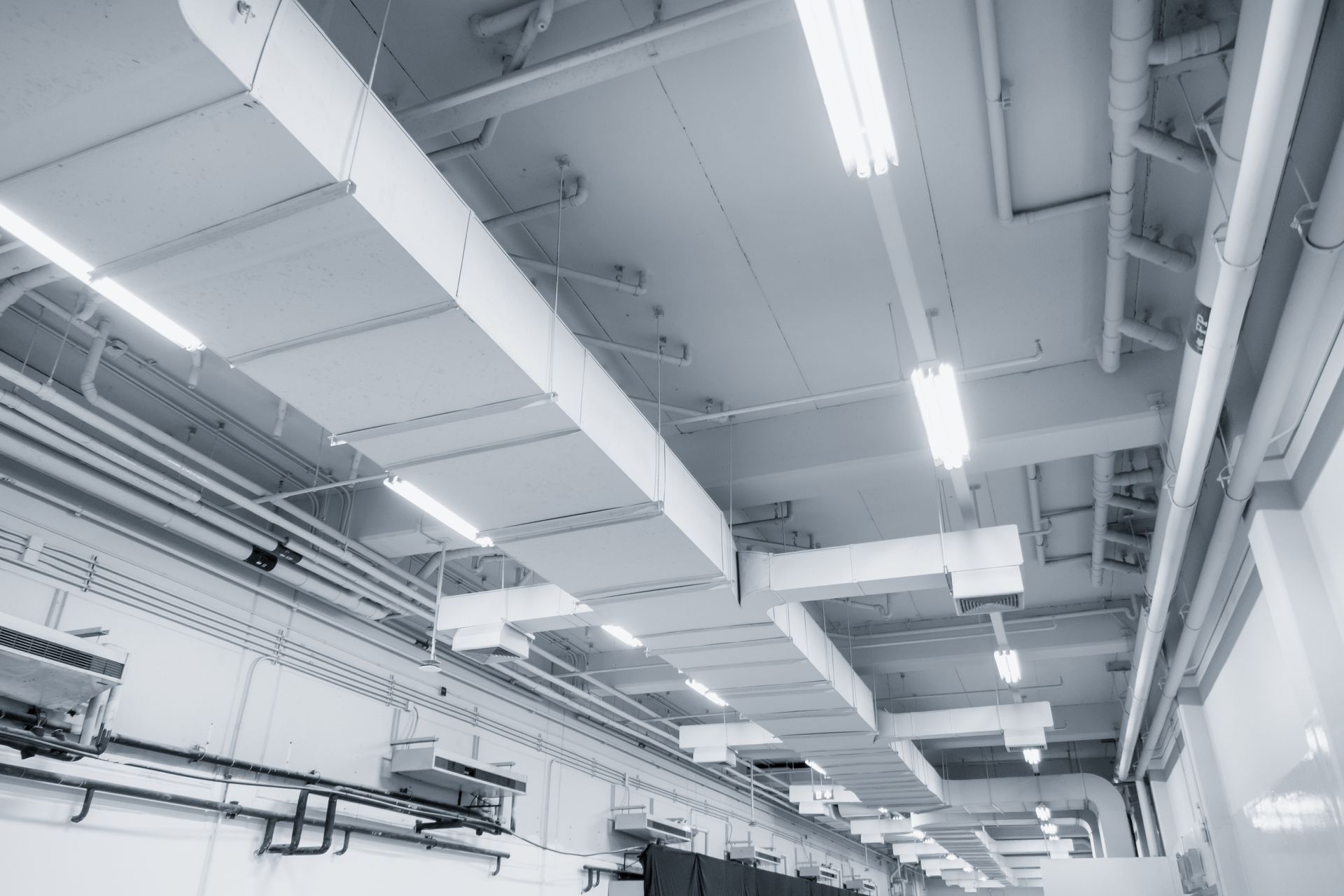Spring HVAC Maintenance Checklist for a Comfortable Workplace
The warm breath of spring is upon us, signaling not only a change in the weather but also the perfect time to give your commercial HVAC system the attention it needs. Proper maintenance ensures that your system runs optimally, saves energy, and lasts much longer – all critical to the comfort and well-being of the people who work in the space and the bottom line of your business.
In this guide, I'll walk you through a comprehensive spring HVAC maintenance checklist tailored for commercial buildings. Whether you manage an office complex, a large commercial retail space, or a local business in Western Massachusetts, adhering to this seasonal schedule for your HVAC system can be the difference between a pleasant, productive environment and a series of avoidable operational headaches.
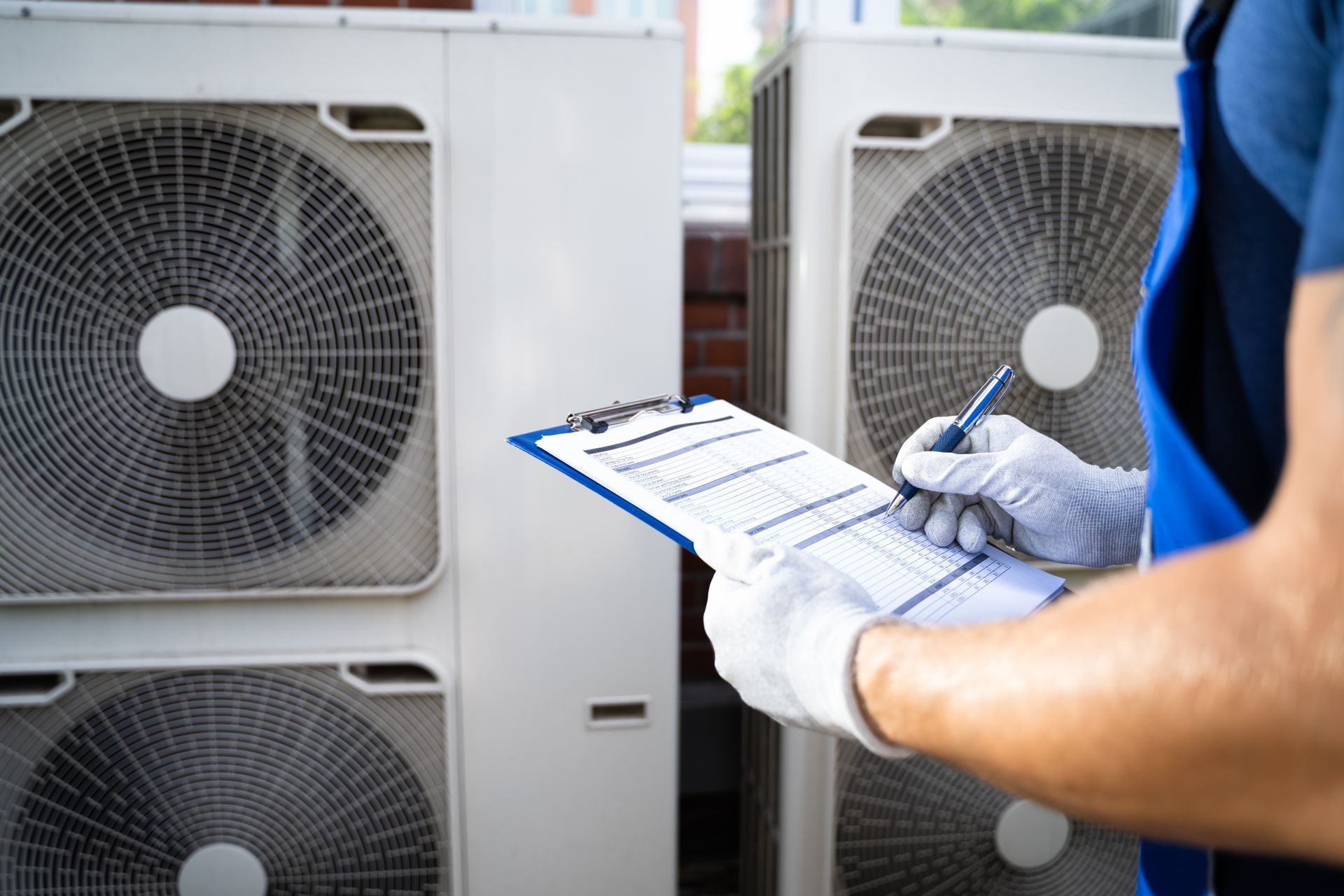
HVAC Maintenance Checklist
Just as the seasonal swing from winter to spring prompts a shift in our wardrobe, it also signals the need to transition in how we care for our commercial HVAC systems. Spring is a perfect time to recover from the strain of the colder months and prepare for the extremes of summer. This delicate dance of seasonal maintenance not only optimizes comfort but also yields substantial savings on energy costs. Let’s take a look at what should be on your spring HVAC maintenance checklist.
1. Replace Air Filters
Clean air filters are essential for the efficient operation of your HVAC system. Over time, dust and debris accumulate in the air filters, causing blockages and reducing airflow. This can lead to strain on the system, resulting in higher energy consumption and potential breakdowns. Replacing or cleaning air filters is a simple task that should be done every 1-3 months, depending on the level of use and your system's requirements.
2. Check Refrigerant Levels
Refrigerant is what allows your HVAC system to cool the air in your building. Low levels of refrigerant can lead to a decrease in cooling capabilities and increased energy consumption. Spring is an ideal time to check and top up any low levels of refrigerant to ensure your system is running at its best. It's important to note that only trained professionals should handle refrigerant due to its potential harm to the environment.
3. Clean Coils and Condenser Unit
Your HVAC system's coils and condenser unit can accumulate dirt, dust, and debris over time, reducing their efficiency. A thorough cleaning in the spring can help improve airflow and prevent potential breakdowns. It's also crucial to keep the area surrounding the condenser unit clear of any debris or vegetation, as this can obstruct airflow.
4. Inspect Belts and Motors
Belts and motors are essential components of your HVAC system that require regular maintenance to ensure they're working correctly. Spring is an excellent time to check for any wear and tear and replace any damaged belts. Lubrication of motors should also be done according to the manufacturer’s recommendations.
5. Test Thermostat
The thermostat is the control center of your HVAC system, so it's crucial to make sure it's functioning correctly. Spring is a great time to test your thermostat by adjusting the temperature and observing how the system responds. Any irregularities should be addressed immediately to avoid any issues during peak summer months.
6. Schedule Professional Maintenance
While there are many tasks you can do yourself, it's essential to schedule a professional maintenance check-up for your HVAC system in the spring. A trained technician will thoroughly inspect and clean all components of your system, ensuring it's running efficiently and identifying any potential issues before they become costly problems.
Preventive Maintenance Scheduling
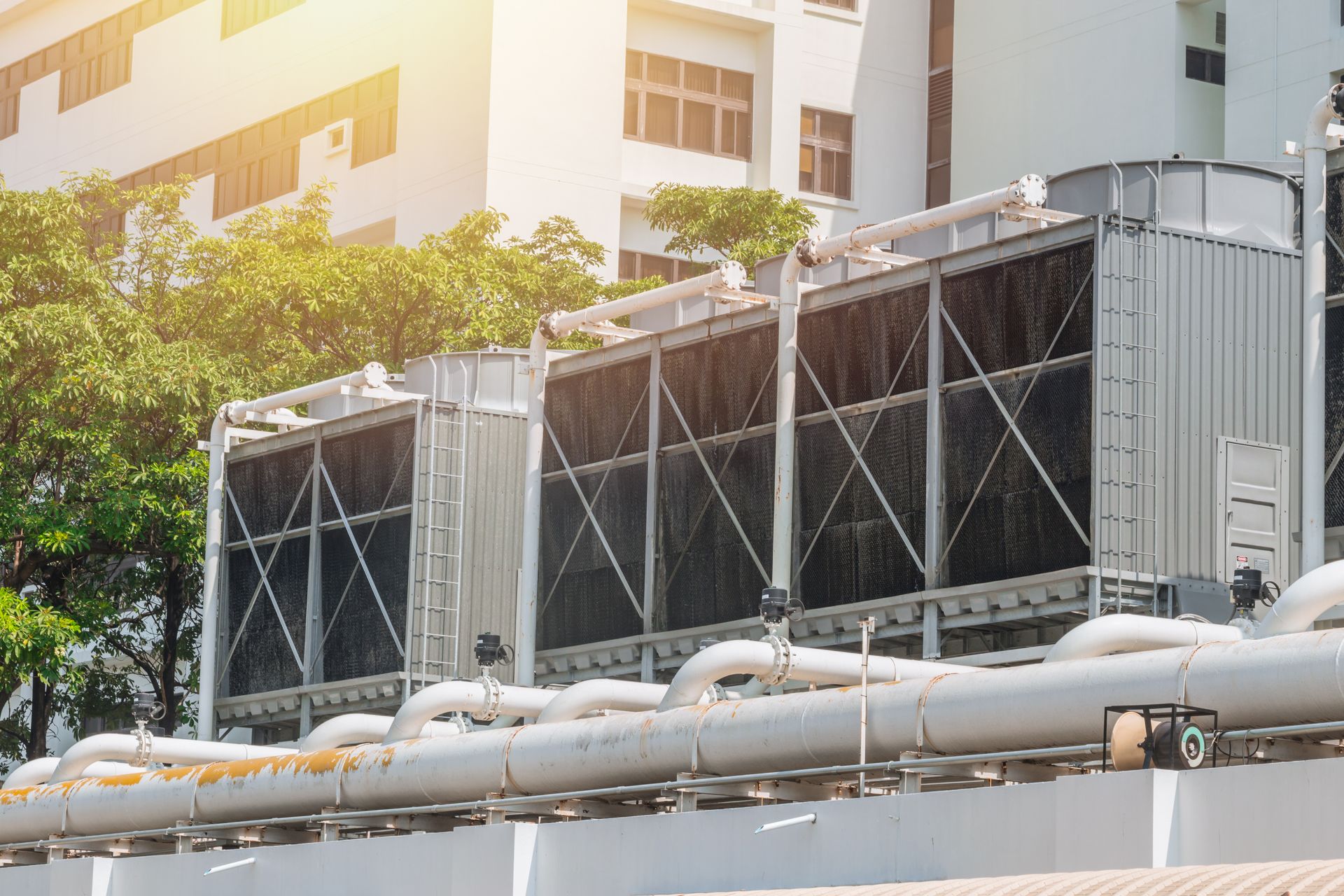
Preventative maintenance isn't just about fixing problems; it's about preventing them before they start. Scheduling regular maintenance for your HVAC system is crucial for ensuring its longevity and efficiency. By sticking to a maintenance calendar, you can save money by avoiding unexpected breakdowns and ensuring your system is always running at its ideal performance. A seasonal schedule aligned with the needs of your specific HVAC system can prevent excessive wear and tear, enhance indoor air quality, and lower utility bills through better energy efficiency. It's wise to partner with a trusted commercial HVAC professional to develop a tailored preventive maintenance plan that keeps your workplace comfortable and your system in top shape all year round.
Schedule Your Commercial HVAC Maintenance today!
While regular self-maintenance of your HVAC system is crucial, the complexity of commercial HVAC systems demands professional expertise. These systems are sophisticated networks, and their efficient operation is fundamental to the comfort of your occupants and the performance of your business. A commercial HVAC professional like McCormick Allum brings a level of analysis, precision tools and experience that goes beyond routine maintenance. They have the expertise to diagnose intricate problems, optimize system performance, and ensure compliance with local codes and regulations.
Don't let your business be disrupted by unexpected HVAC failures. Schedule a comprehensive maintenance service with our certified HVAC professionals today.
